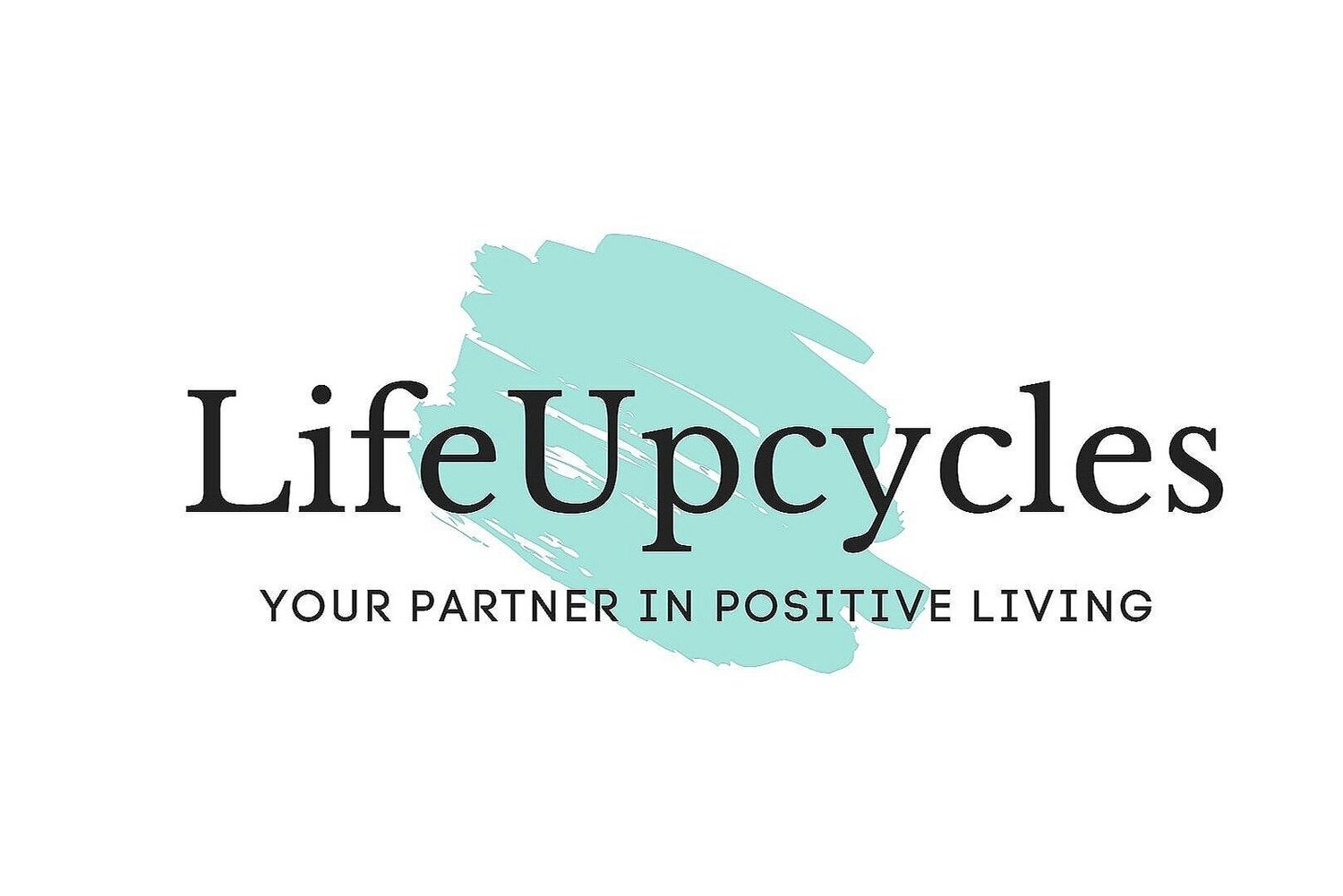Cultivating Community: You Can’t Keep a Positive Mindset Living On A Deserted Island
Remember the movie “Castaway?”
Tom Hanks played a super-busy FEDEX manager who was stranded alone on a deserted island for five years. He survived physically, using the natural resources around him and doing what it took to keep himself alive.
But he couldn’t keep his thoughts and his mindset healthy during the time living alone with no community other than a tattered volleyball with a face painted on it.
A Safety Net-Work
We are fortunate not to be stranded alone with no one to forge connections with. Even though we may feel despondent at times and think we are alone, that no one understands us or cares about us—this thought created from a desperate feeling is simply not true.
Community is one of the most vital aspects of well-being and creating an emotionally healthy environment. Think of it as a safety net in your life. When balancing on the high wire of daily life, juggling all the balls that come at us, sometimes we teeter and fall. A community network is there to catch us safely and help us get our balance again.
In our life, we can choose who makes up our community and holds the safety net: family, friends, co-workers, neighbors, church congregation, running club, knitting group, or perhaps a trusted life coach or therapist.
Choosing Island Living Is Not Healthy
I see people around me who appear to be “choosing” to live alone on the deserted island. One of my neighbors on my block lives alone, never spends time outside his home, and rushes to and from his car each day without making eye contact with anyone. I’ve lived near this man for eight years and we’ve never spoken.
Perhaps he feels isolation keeps him safe from emotional hurt. But his “island living” isn’t protecting him from hurt- it’s isolating him from the much-needed care packages of support, laughter, and shared experience that those of us near him are willing to provide.
“No man is an island, entire of itself. Every man is a piece of the continent, a part of the main.”
- John Donne, 17th-century poet
How Community Keeps Me Positive
I visualize my community as a red wagon I have pulled around with me for all of my life. In it, I’ve collected a very large number of people in the wagon who’ve remained part of my life since we were school children, or perhaps in college together. There are also co-workers from jobs past with whom I’ve forged a personal friendship. Add to the wagon former neighbors or families that were a huge part of the years I was raising my son. And of course, my family itself- son, brother, nieces, nephews, cousins (and the loving memory of my parents who are no longer with me on Earth).
Here's a short list of ways to stay connected - or to re-connect - with the circle of people around you.
1. Communication is key. It takes a mere moment to send a text, email, or an old-fashioned call just to check in with someone you want to keep in your own “red wagon.” Literally saying "I was just thinking about you because I saw ..." or "I started laughing this morning thinking about the time we...." is a great way to spark memories of your shared experience. Keeping long-distance community connections alive is especially important. Reach out without strings attached, no expectation that they will text back or return your call in a certain amount of time. Just do it because you want to and enjoy the good feeling of friendship.
2. Be yourself. You don't need to be Instagram-perfect for the people who matter in your life. Close friends don't need to compete or compare. Create genuine caring and unconditional support for your friends and not worry about who you think you should be.
3. Laughter and joy sharing memories. In my network, we laugh at our younger selves, we laugh at the things our kids and spouses do, and we laugh along with whatever we are doing right now. It's part of our authenticity- not taking yourself so seriously because let's face it, we were all young once. It's better to laugh and appreciate how far you've come than to pretend you've always had it all together.
4. Letting Your Community In It’s really therapeutic when I know I can share challenges and know others can relate. Being able to talk about the challenges of our aging bodies, reflecting on how we've come through hard times, and continuing to support each other through each new challenge that the years bring.
